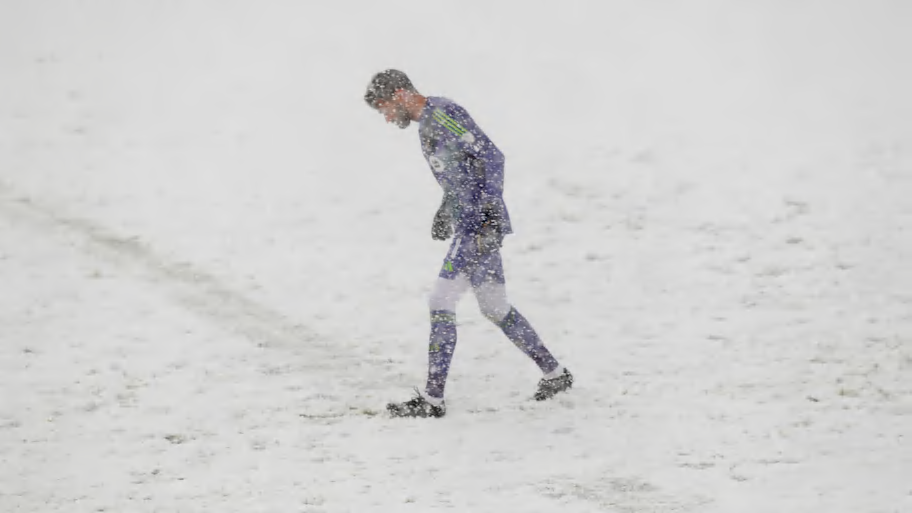
Major League Soccer said there was overwhelming support from the league’s 30 clubs to switch its calendar to match Europe’s top leagues.
But that doesn’t mean the move won’t come with challenges, especially in some of the league’s northern markets, where there will now be regular-season matches in November, December, February and March.
Although MLS has expanded rapidly across the central and southern United States, several teams remain in cities that experience harsh winters, including three in Canada. The calendar switch, which means games through some of the harshest months of the year, could have a significant impact on attendance and other factors.
Those are problems many clubs are willing to adapt to, given the benefits of the new calendar for competing in American sports, transfer window opportunities, and international participation. At the same time, it will allow the MLS Cup playoffs to be played in warmer conditions rather than in the fall.
“We’re playing games in November now, and it could be really cold in those same markets,” MLS Commissioner Don Garber told reporters Thursday. “It could be really cold in December. It could be really cold in other months. We’re talking about a couple of games [being added], so I don’t know that it makes sense for a team, for a handful of games, to change their infrastructure dramatically.
“It’s not like this is as traumatic as I think most people think. When we were going through this process, 92% [of the footprint] is exactly the same window. MLS Cup was in Toronto in December, and it was really, really cold. It could have been in Toronto this year if they had a good season, right?”
But how have some of the colder-climate clubs reacted?
CF Montréal Ready for Sub-Zero Temperatures
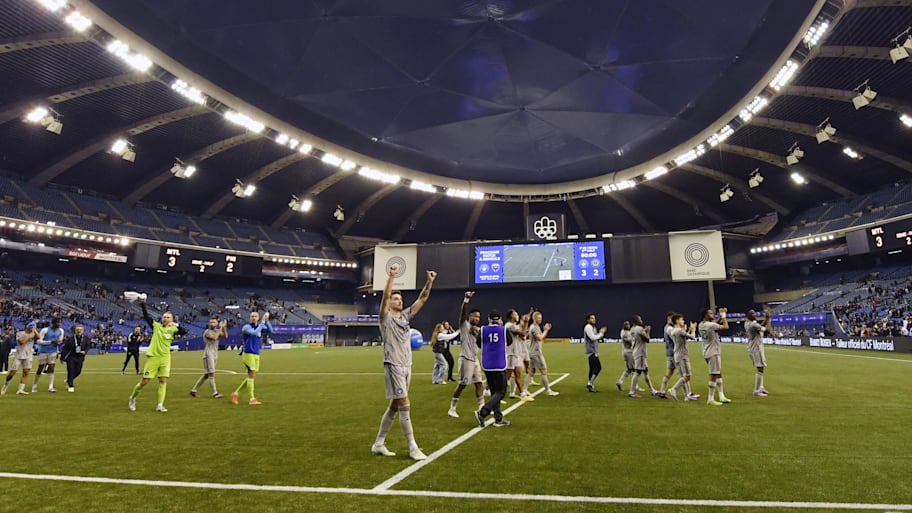
CF Montréal will roll with the punches when it comes to the new schedule in a city that averages below freezing in December and February. General manager and CEO Gabriel Gervais suggested that the 56,000-person Olympic Stadium could once again be an option after the 1972 Olympic venue undergoes significant renovations.
The primary plan will be to play as much as possible at their home ground, Stade Saputo, which has a grass pitch. Montréal previously played early-season matches at the Olympic Stadium, but have not done so in recent years, instead starting the first several weeks of each campaign on the road.
“With an international schedule that starts in July and ends in May, there are certainly more dates in our colder climate. But one thing we saw in the [schedule] simulation is that 31 of the 34 [game] dates are essentially the same,” Gervais said Friday.
“So yes, there are some changes in November, December, and a little bit in February, but it doesn’t change our reality that much.”
The Olympic Stadium is set to be completed by 2028, when the first February games take place.
Toronto FC Realize Trade Off
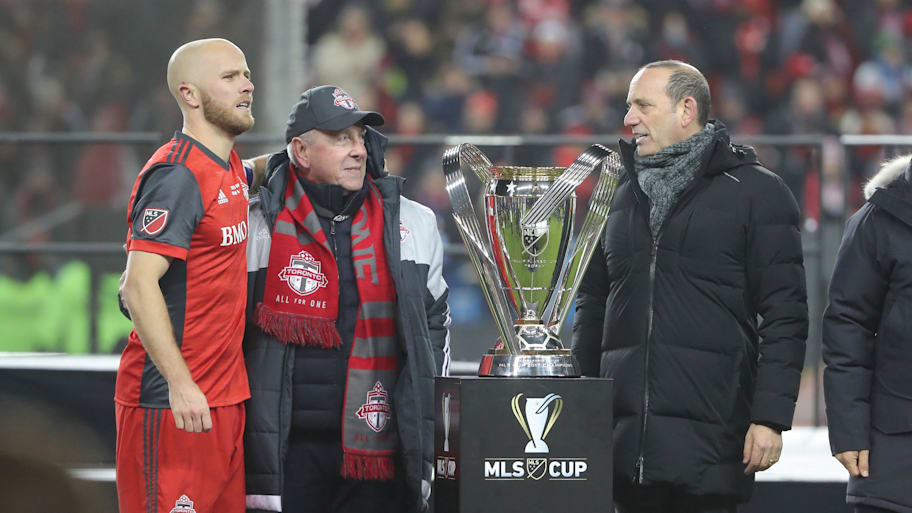
While their Quebec counterparts look to potential indoor matches, Toronto FC don’t have that luxury. Instead, they welcome the changes, knowing that the new schedule could allow a high-spending club like theirs to compete more effectively in the global transfer market.
However, they are also not lost to the fact that, like Montréal, they will now be battling for attention alongside their ultra-popular NHL teams, the Toronto Maple Leafs and Montréal Canadiens.
“To be sure, the calendar change discussion also raised challenges related to the weather for a number of the league’s most northern-based teams, but we are confident in the efforts that have been made, and will remain a priority for the entire league, to address it,” Toronto FC said in a statement. “It was our view that with more than 90% of the proposed MLS schedule staying consistent with its current format, the benefits to the future league product outweighed the potential challenges.”
Toronto FC previously played some early-season matches at the Rogers Centre, home of MLB’s Toronto Blue Jays. Yet, that possibility is no longer possible after significant renovations to modernize the ballpark.
Minnesota United Set for Blizzards

The weather in Minnesota could be some of the most torturous in the league once the schedule shifts. Sporting director Khaled El-Ahmad sought to ease concerns on local news, but realized the challenges Loons fans will face at the outdoor Allianz Stadium.
“I think any time you make a big change, some people out of the blue won’t like it,” El-Ahmad said. “But yeah, there’s a risk that season ticket holders are not going to renew. I hope they don’t do that. Still the same people, still the same players, the same idea of what we want to be and achieve together.
“The decision is so new, so all these types of things [warming areas] will be on the line once everything settles, and we do a proper analysis of how to address this calendar flip-flop.”
The club also unveiled that there will be strategic scheduling to avoid some of the coldest dates in early February and late December. However, there will still likely be some frigid nights for Loons faithful.
In 2025, Minnesota’s first regular season game came on March 1, their second match of the season.
Chicago Fire Ready for New Stadium
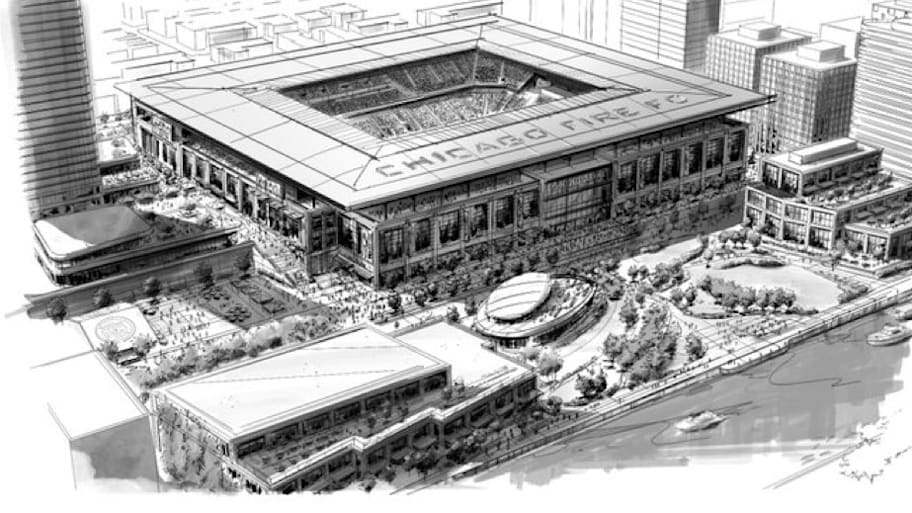
Chicago Fire FC will open a new stadium in 2028, and it looks like they will do so in the summer to kick off the 2028–29 MLS season. One of the league’s original sides, the club has seen every evolution of MLS, and will be ready for the new challenge, even with temperatures hovering around freezing levels in December and February.
At the same time, they also realize the potential of further transfers, and owner Jose Mansueto has not been shy of swinging for big name players, like Kevin De Bruyne and Neymar Jr. in the past.
“The beauty of MLS is how it has evolved over the years, and another step in that evolution is aligning with the top leagues in the world. Moving to an international calendar helps position MLS on par with the best,” said the club’s head coach and Director of Football in a statement to Men in Red.
“With alignment to the FIFA calendar, it gives you the opportunity—during the global post-season window—to acquire players who can immediately help you for the upcoming year.
“Right now, we often face two issues: integrating new players late in the season when everyone else is already up to speed, and potentially losing key players to transfers just as we’re heading toward the end of the season. This new structure helps solve both challenges.”
Sporting Kansas City Embrace the Elements
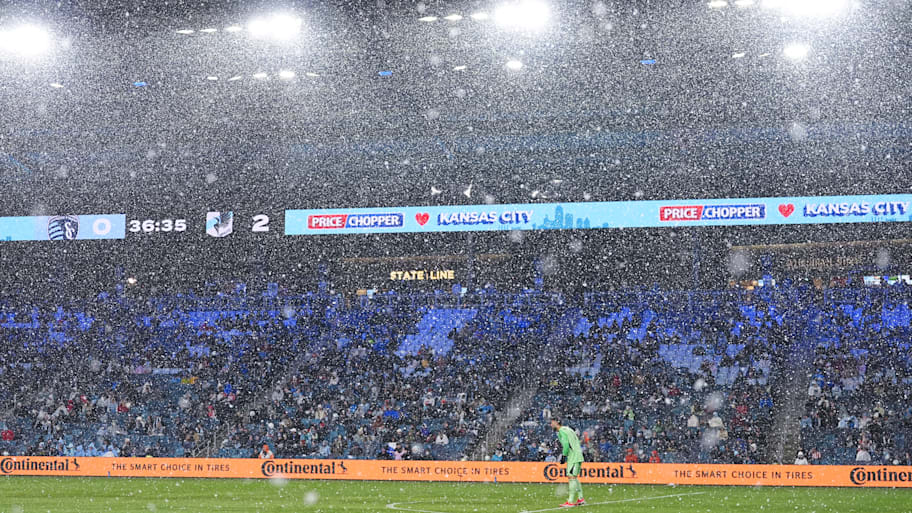
Some of the most famous cold-weather matches in MLS history have happened at Children’s Mercy Park in Kansas City, and more could be on their way once MLS adopts the schedule change.
Newly signed sporting director David Lee sees the positives in switching the league’s most pivotal matches and showcasing MLS Cup to the spring, potentially avoiding some of the brisk nights that SKC have hosted in the past.
“I believe the change in our competition calendar has the potential for transformational benefits for MLS in the years to come,” he said.
“While the majority of the footprint of matches will remain the same as the current schedule, moving the Audi MLS Cup Playoffs, our most important period of the season, to now take place in a less cluttered domestic sports landscape while also avoiding the playoffs being interrupted by international FIFA windows will be a significant improvement.”
New York Teams Ready for the Challenge
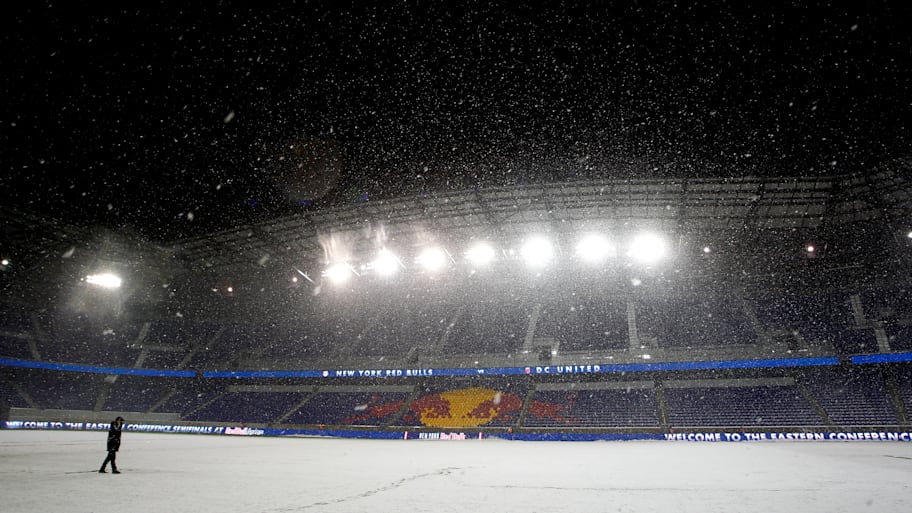
New York City FC will be at their new Etihad Park to kick off the first matches in the calendar change, offering a covered stand similar to that of their Tri-State counterparts, Red Bull New York, over at Sports Illustrated Stadium in Harrison, New Jersey.
Both clubs have swung for significant transfers in the past, and could attract further talent with the calendar shifting––but there will undoubtedly be some cold nights out in New York and New Jersey.
“Soccer is already seeing incredible levels of growth in North America, and aligning the league’s schedule to follow the international calendar provides us with the best opportunity to continue building off this momentum,” said NYCFC’s CEO, Brad Sims. “We look forward to competing under this new league format and welcoming everyone to Etihad Park for its inaugural season in 2027.”
Vancouver Whitecaps Don’t See Major Change
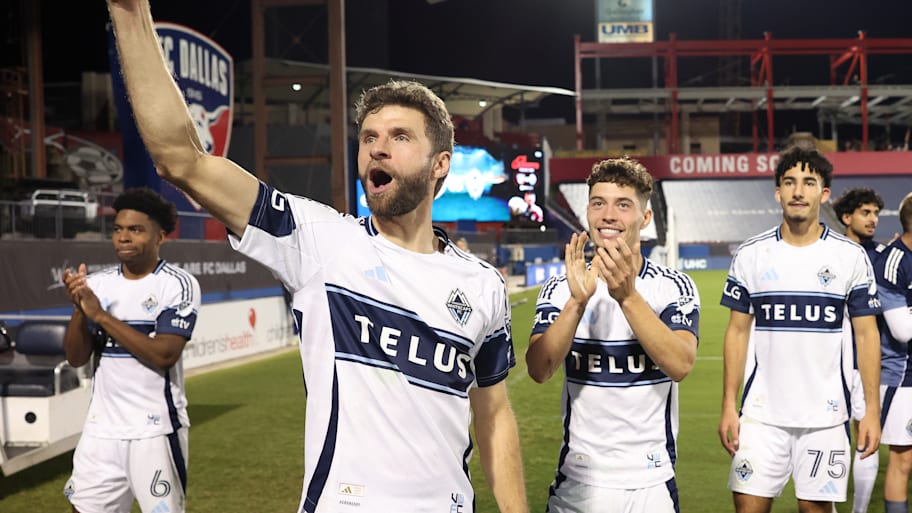
While one of the league’s three Canadian clubs, Vancouver Whitecaps FC, doesn’t deal with the same frigid challenges as some of the league's other northern organizations. Instead, Vancouver experiences torrential downpours throughout the winter, along with rare snowfall.
Currently, the club plays at the partially convertible BC Place Stadium and keeps the roof closed on colder, wetter matchdays. However, Garber has stressed the importance of the club building its own soccer-specific stadium, one that would likely expose fans to the elements.
For now, though, there are no concerns, especially as some of their least-attended matches have historically occurred in the summer, with British Columbians taking advantage of the natural surroundings of the city and Province.
“No, we are not concerned,” Whitecaps CEO and sporting director Axel Schuster said to The Province about potentially clashing with the Stanley Cup Playoffs and the schedule shift as a whole. “In our experience, when all of Vancouver’s teams are doing well, it creates an incredible sense of civic pride and raises awareness for sport across the city.”
When Does the MLS Schedule Shift?
In colder markets, there will be time to prepare for the new schedule. The 2026 MLS season will go ahead on the current system, before an abbreviated 14-game season from February to May in 2027. The new MLS calendar, which runs from July to May, will begin in the 2027–28 season.
READ THE LATEST MLS NEWS, TRANSFER RUMORS AND GOSSIP
This article was originally published on www.si.com as How Cold Climate Markets Have Reacted to Seismic MLS Change .







